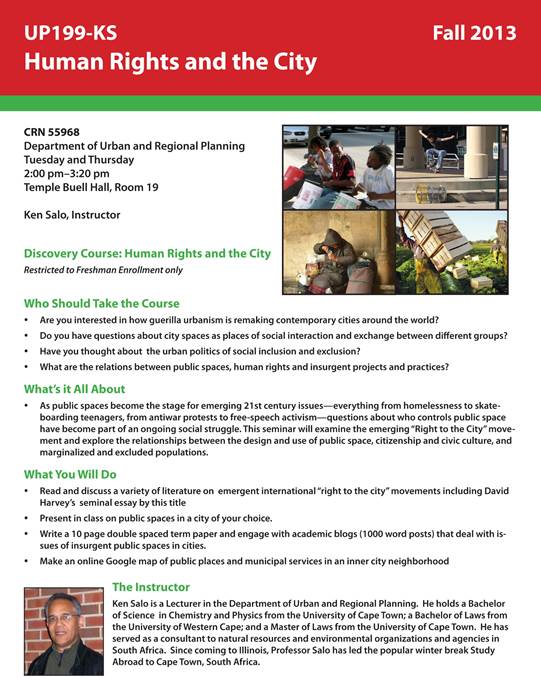Learning in Community (LINC) has launched a second 8-week section of the ENG 315: Learning in Community course (3 credits). LINC is an interdisciplinary, inquiry-guided service-learning course. It is open to all students, all levels with no pre-requisites. Students will join one of several small teams to work on community-based projects. We need motivated, hard-working students to join existing teams. Please encourage students to join LINC—they will learn A LOT and really make a difference with our Community Partners! Interested students should enroll in section SOS (CRN=62650) and contact Shikhank Sharma (sharma24@illinois.edu) as soon as possible to discuss project options and to get connected to the Project Managers. More information about LINC can be found at www.linc.illinois.edu.
Available projects include:
Campus Middle School for Girls (T/R 12:30-1:50):working with the Lego Robotics team to develop a training manual and workshops to guide future coaches of the team.
IDOT Rights of Way for Biomass Energy (T/R 3:30-4:50):developing a cost-benefit analysis of using biofuels produced from plants grown on rights of way land to provide energy for IDOT maintenance facility.
Krannert Center for Performing Arts Office of Engagement with Old King’s Orchard Community Center (T/R 11:00-12:20): collaborating with community members to design a community garden and performance space to engage neighborhood youth in positive activities.
Champaign County Health Care Consumers and Promise Healthcare (T/R 12:30-1:50):developing social media strategies and an arts-based community engagement strategy to enhance healthcare education and improve access to healthcare; revamping nursing procedures manual and service delivery flow for community health center
Allerton Park (T/R 9:30-10:50):developing projects related to renewable energy sources (e.g., windmills, grass boiler systems for heat and cooling, solar power, waste water uses, water conservation methods, zero energy greenhouse production, geothermal systems).


